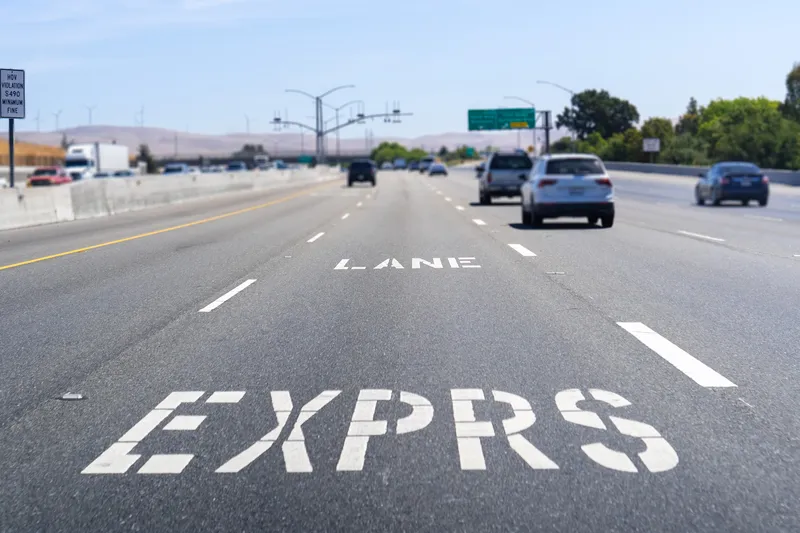The real-world test was set up by the by the San Francisco Bay Area’s Metropolitan Transportation Commission to look at automatic detection of such vehicles on the I-880 – a vital precursor to implementing lane restrictions or new dynamic pricing strategies such as smart tolling.
Davaq picks up the vehicle type and its front and rear occupants in real time, allowing monitoring and classification of vehicles and toll payments on the move, even at speeds above 160km/h.
Indra says the technology can also be used to restrict access to urban areas by vehicle type and number of passengers.
In addition to the US trial, the firm says it has been testing the system in a car park in Madrid, “where it has also achieved excellent results”.
In the US, Indra already has a multi-concession toll solution for three freeways in Texas: SH-130 in Austin, the LBJ Express (I-635) and North Tarrant Express in Dallas.
In Mexico, it supplies remote tolling on 500 routes, totalling 4,000 km and representing 45% of the country's freeways.
Indra’s Davaq demos accurate high-occupancy ID in US trial
Indra says its Davaq free-flow identification system has scored the highest overall accuracy rate – 88% - in a US trial to detect high-occupancy vehicles.
The real-world test was set up by the by the San Francisco Bay Area’s Metropolitan Transportation Commission to look at automatic detection of such vehicles on the I-880 – a vital precursor to implementing lane restrictions or new dynamic pricing strategies such as smart tolling.
Davaq picks up the vehicle type and its front and rear occupants in r
February 11, 2019
Read time: 2 mins









